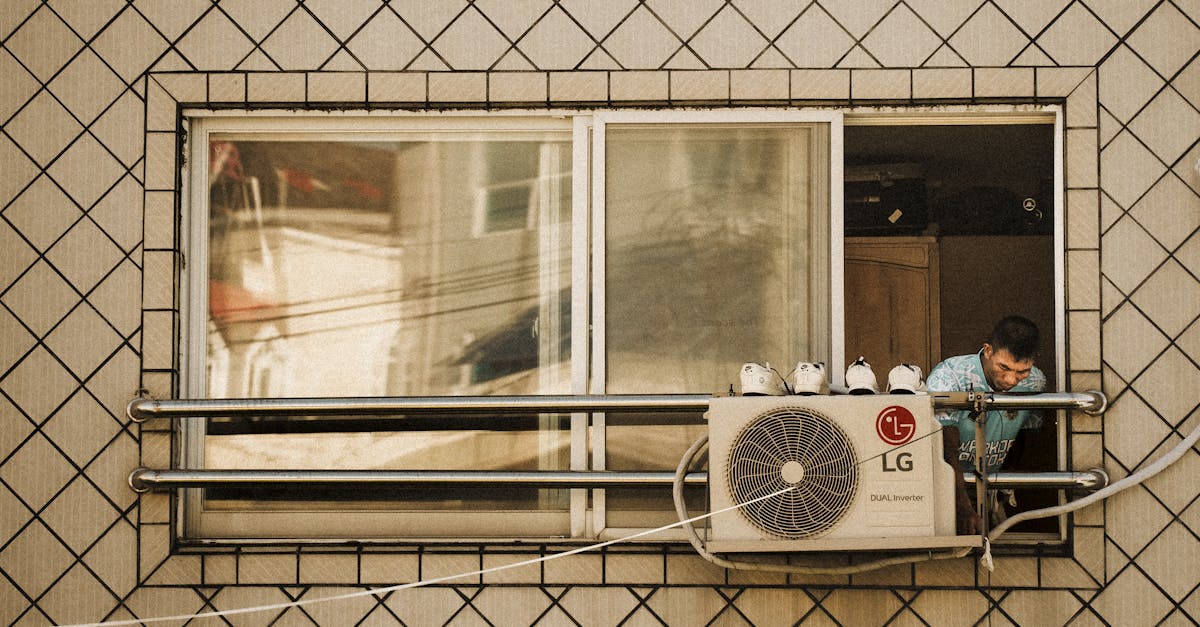
Noise Considerations in Ducted Air Conditioning Placement
When selecting a location for ducted air conditioning, noise considerations play a crucial role in ensuring a comfortable indoor environment. Placing the unit in a position that minimizes noise impact on occupants is essential for overall satisfaction with the system. The noise generated by the air conditioning unit can greatly affect the ambiance of the space, making it important to carefully assess potential placement options.
FAQSFAQS
What factors should I consider when selecting the location for ducted air conditioning?
When selecting the location for ducted air conditioning, it is important to consider noise considerations, impact of natural light and sun exposure, as well as maintenance and accessibility of components.What are some common challenges faced when installing the air handler in ducted air conditioning systems?
How can I minimize disruption and sound levels when placing ducted air conditioning?
To minimize disruption and sound levels, consider locating the ducted air conditioning system away from living areas, bedrooms, and quiet spaces. Additionally, installing soundproofing materials can help reduce noise levels.How can noise and vibration concerns be addressed when installing the air handler in ducted air conditioning systems?
Does sunlight and shading have an impact on ducted air conditioning efficiency?
Yes, sunlight and shading can have a significant impact on ducted air conditioning efficiency. Direct sunlight can cause the system to work harder, leading to increased energy consumption, while proper shading can help maintain optimal performance.What can be done to optimize ductwork for proper air distribution in ducted air conditioning systems?
What should I consider regarding maintenance and accessibility of ducted air conditioning components?
When selecting a location for ducted air conditioning, consider ease of access for maintenance and repairs. Choose a location that allows technicians to easily service the system and replace components without facing obstacles.How can filter blockages be prevented in air handlers of ducted air conditioning systems?
Noise Reduction and Vibration Isolation Techniques
Selecting the Right Location for Ducted Air Conditioning: A Comprehensive GuideWhen it comes to addressing noise and vibration concerns in air handling systems, it is essential to employ effective techniques for noise reduction and vibration isolation. One common method is to use isolated supports for the air handler unit t
FAQS
What are some common challenges faced when installing the air handler in ducted air conditioning systems?